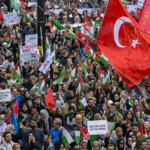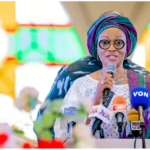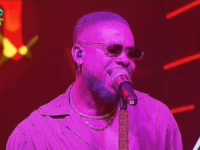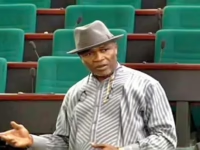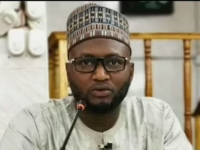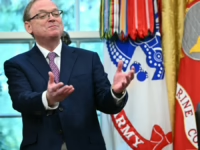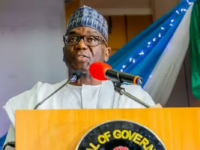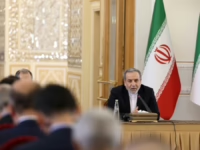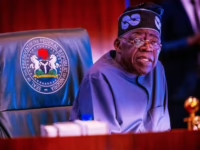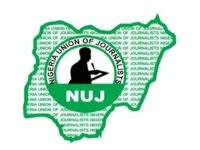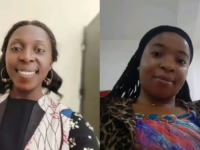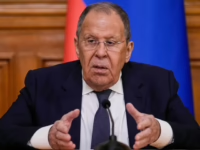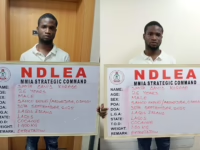Ifeanyi Ejiofor, the chief legal representative for Nnamdi Kanu, the detained leader of the Indigenous People of Biafra (IPOB), has issued a stern warning to the Nigerian government against resorting to military force as a means to quell demands for justice or replacing dialogue with violence in addressing nationwide unrest.
In a statement released on Saturday, Ejiofor emphasized that no country has ever successfully silenced calls for justice through armed suppression, and he firmly believes Nigeria will not be an exception, regardless of the government’s efforts.
Sharing his views on his X platform under the headline, “Boko Haram: A fabricated label and the ignored lessons of history,” Ejiofor urged the authorities to embrace engagement, compassion, and reconciliation if they genuinely desire enduring peace.
Responding to former President Goodluck Jonathan’s recent revelation that Boko Haram insurgents once proposed the late ex-President Muhammadu Buhari as their representative in peace negotiations during Jonathan’s administration, Ejiofor expressed disappointment that the federal government did not apply a similar strategy when peaceful protests arose from the South-East between 2015 and 2017.
He lamented that while various government levels have sought dialogue with terrorists and bandits, they have failed to extend the same approach to agitators like Kanu, who has been detained since 2021, and whose organization, IPOB, has been banned.
“The proscription initiated a relentless cycle of distrust, violence, and alienation,” Ejiofor stated.
RELATED: Pastor Bakare reveals pressure mounting to join ADC
“Instead of tackling the root causes, the government opted for widespread suppression, which unintentionally justified the use of force where understanding was crucial.
“Between 2015 and 2017, a striking parallel unfolded. The Nigerian State faced not armed militants but thousands of young men and women from the South-East peacefully protesting what they saw as deep-seated political and structural marginalization. Rather than fostering dialogue, the state responded with harsh measures that inflicted lasting wounds on the collective consciousness of the region and its people.
“History will remember that the midnight proscription of IPOB’s global peaceful movement in 2017 marked the start of an endless spiral of mistrust, violence, and exclusion. Instead of addressing the core issues, the government’s blanket ban legitimized force where empathy was desperately needed.
“Tragically, this has led to the rise of dangerous, misguided factions who have turned the movement into criminal opportunism. These groups neither uphold the original ideals nor the ethical foundation of the earlier movement; they are products of the void left by the absence of meaningful engagement.
“The reality is clear: no nation has ever quelled a legitimate demand for justice through violence. Lasting peace can only be secured through sincere dialogue, empathy, and a conscious effort to differentiate genuine grievances from opportunistic acts.
“It is never too late to reopen channels of communication. The Federal Government must find the resolve to re-engage, to separate the sincere from the insincere, to distinguish authentic aspirations from criminality, and to rebuild trust where disillusionment now prevails.
“Ultimately, a country that refuses to converse with its youth will one day be forced to negotiate with their shadows,” he concluded.


